One of these eggs came from my free-ranging, bug-eating, sunshine-loving Easter Egger chicken. Another egg came from organic, vegetarian-fed, cage-free chickens (or so the carton said). And the last egg is standard-issue Grade AA sold under the supermarket’s private label.
Can you guess which is which?
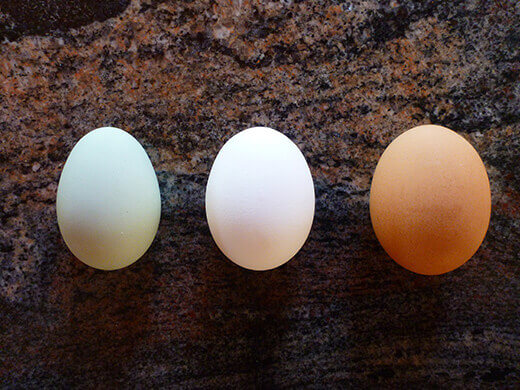
The answer: The green egg on the left is farmlette-fresh and laid just a week ago. Its yolk is round, high and firm with a rich, viscous quality and a deep orange hue. The egg white is nice and thick. Even the shell is noticeably different — denser, harder to crack, and when it did crack, it split apart cleanly without the edges shattering into little pieces.
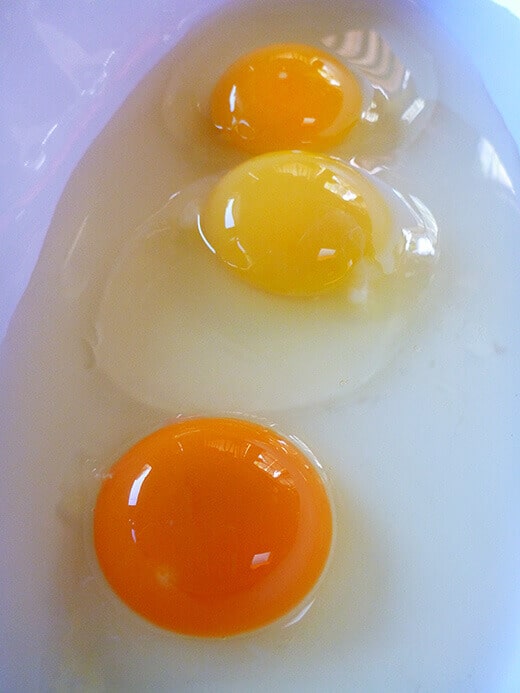
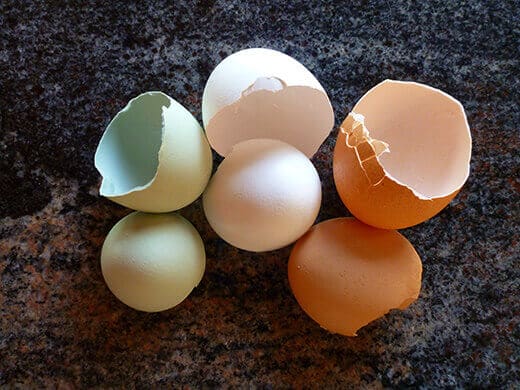
The white egg in the middle is your run-of-the-mill commercial egg, and the brown egg on the right is the so-called organic egg.
These other two eggs had thinner yolks that were paler in color. The “organic” egg yolk was a tad darker than the regular egg, but was otherwise just as runny, despite being pumped up with all that extra vitamin E and omega-3 and whatnot.
(And by the way, chickens are not vegetarian by nature, so don’t let the “vegetarian-fed” label fool you. Vegetarian-fed chickens imply industrial factory-farmed chickens fed a mixture of cheap grains, like corn and soy, which don’t offer any nutritional value. Feeding excess corn does, however, boost the yellow in yolks.)
But I’m no egg snob. When I couldn’t make it to the farmers’ market, I would buy the cheapest eggs on the supermarket shelf. According to this organic egg scorecard from the Cornucopia Institute, there’s no discernible difference between most organic eggs and regular eggs, especially if the organic line is the store’s private label. Widely used terms such as “free-range” and “cage-free” are misleading, as there’s no standard definition that indicates how healthy or humane those farms truly are.
The best eggs come from small family farms and backyards, where the hens are happy and the eggs are full of nutrients. If you can’t get your hands on those bold orange yolks, don’t just buy the most expensive eggs at the market. An unlabeled generic box of eggs is likely just as good as an over-labeled premium box.


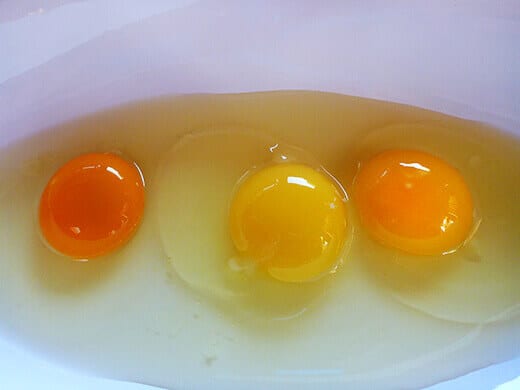
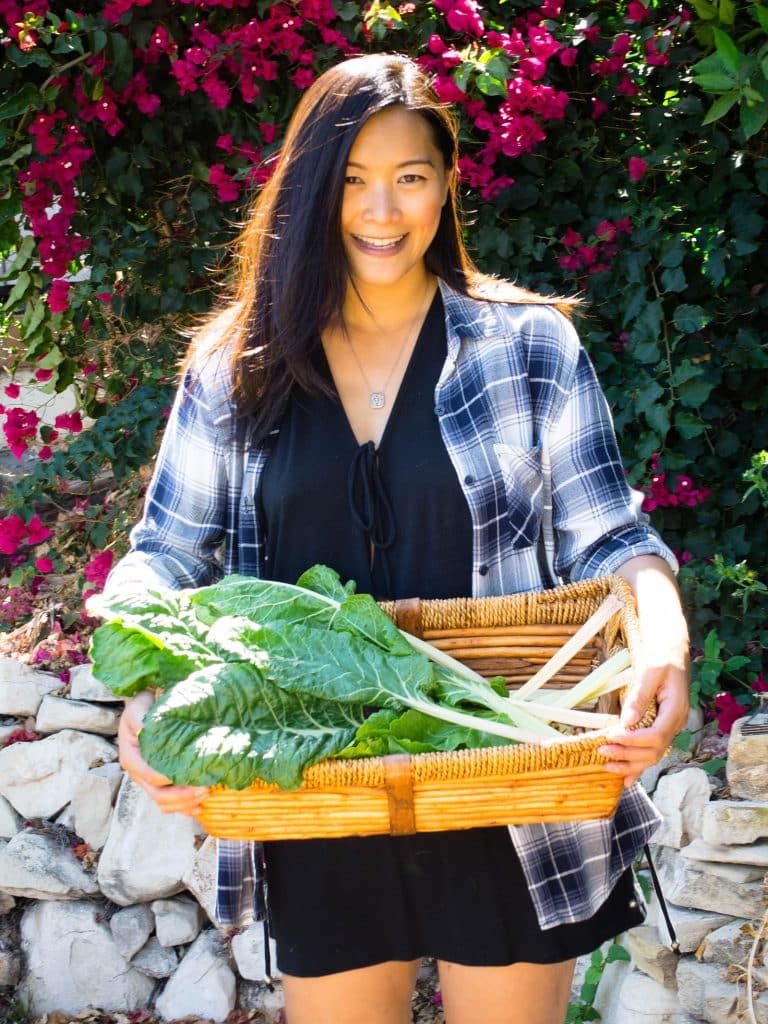
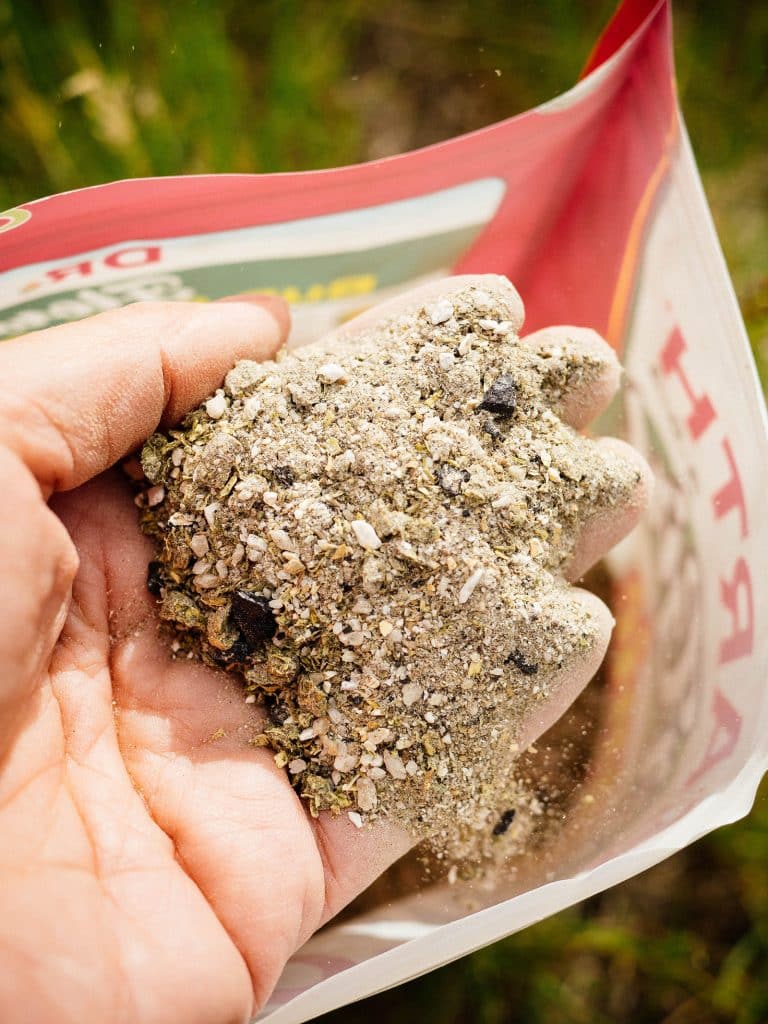




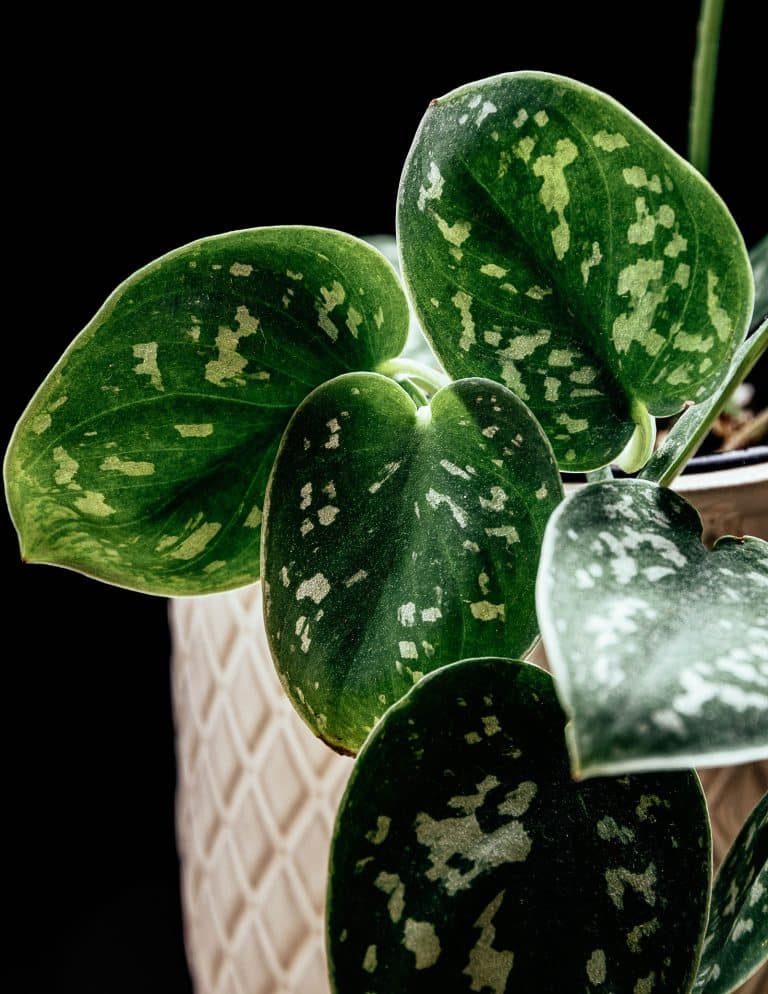

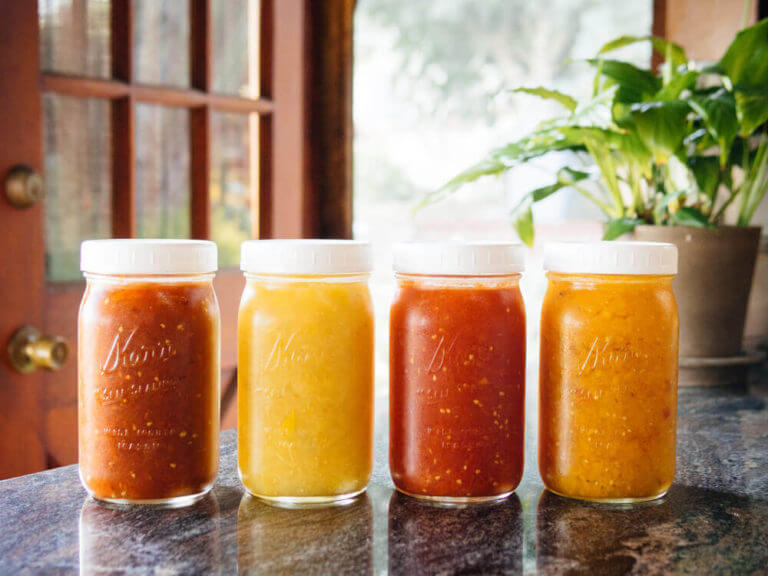
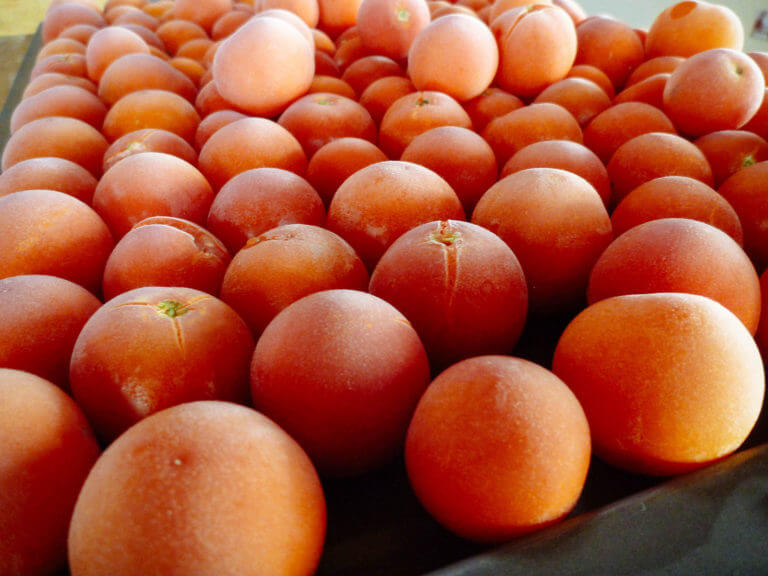
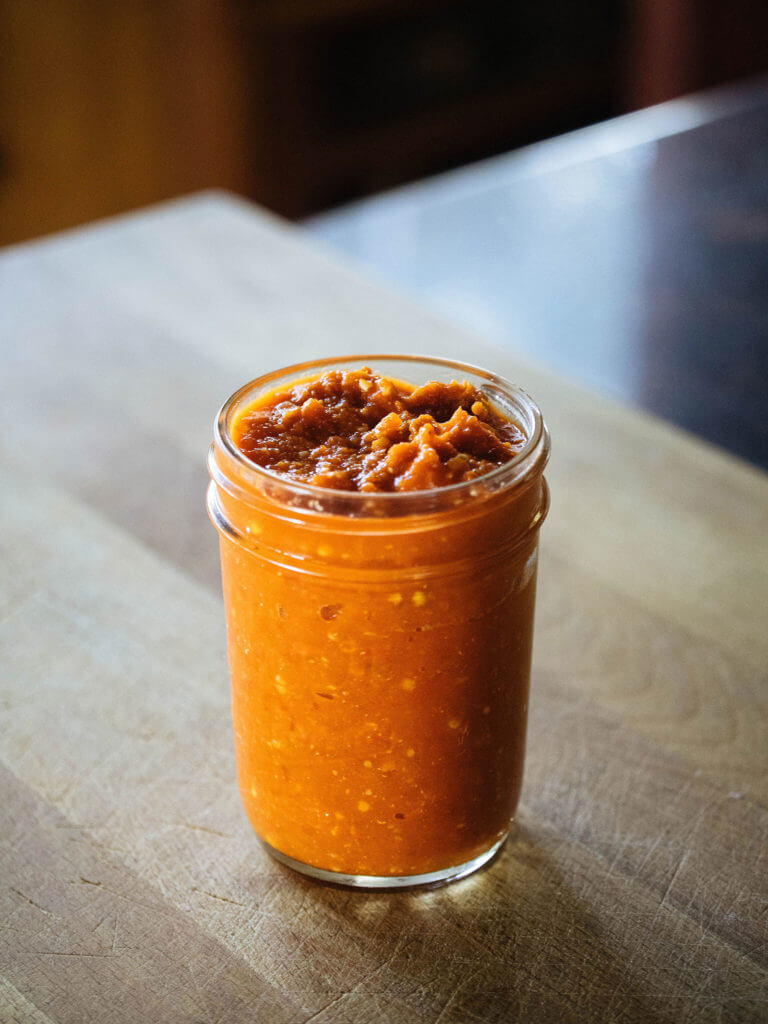
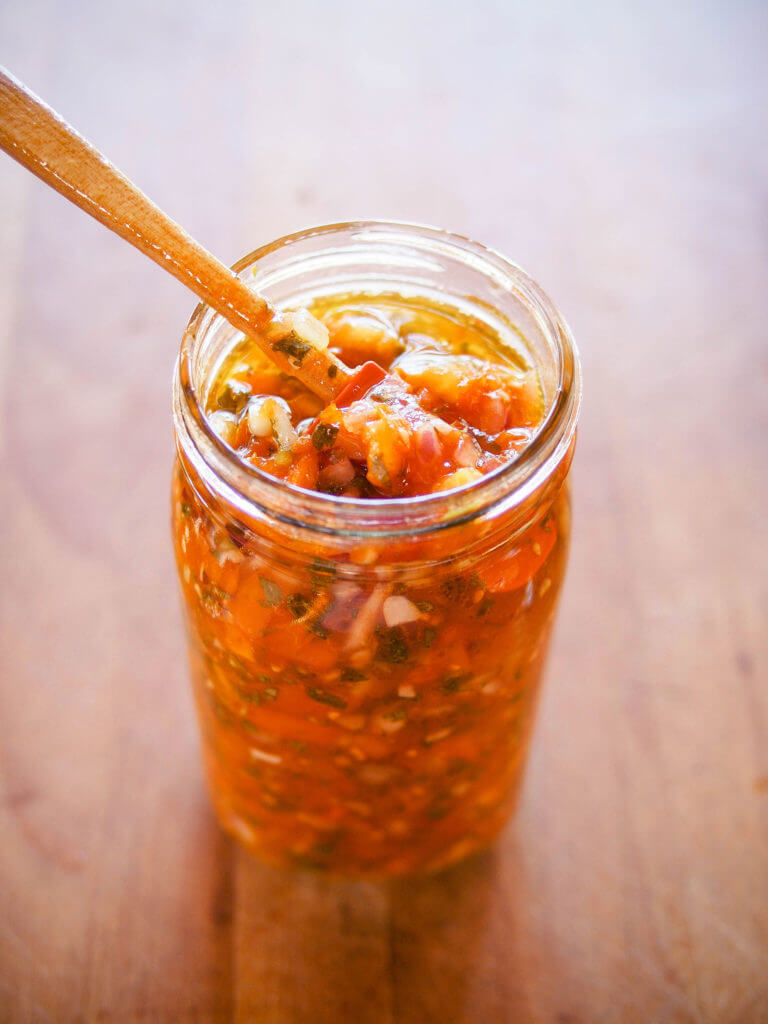

i totally agree that it’s best to at least get eggs from people you know if you can’t raise hens yourself, but i’m interested in why you think the ‘over-labeled’ eggs aren’t any better? as long as i can afford it i’d rather support small farms that are certified humane and pasture raised (I checked the box in my fridge I got from WF while I’m traveling, it was Vital Farms, which gets a ‘5 egg’ rating), and encourage those smaller producers rather than buying cheaper eggs that might make my travel budget stretch more… not to get too woo-woo but i believe every decision matters, and i’d rather not eat animals/animal products that were treated badly if i can avoid it… that said, if i can’t afford it maybe I should make a bigger effort to find friends as i travel that have chickens! 🙂
In general, the over-labeled cartons that tout vegetarian-fed, cage-free (or free-range), extra omega-3 eggs are counting on the fact that consumers don’t know any better. Vegetarian-fed always means corn and soy (with no pasture), cage-free only means the hens have access to the outside (whether or not they know how to get out there), and extra omega-3s can be misleading, as the producer should indicate how much DHA and EPA omega-3s their eggs contain. Sometimes, their DHA and EPA content will be very low, making the omega-3 claim more of a marketing gimmick.
All I know is that they taste just as bland as regular eggs, so it was a waste of money. Vital Farms is different as their hens are pastured.
Oh Linda. I have yet to find eggs with yolks like yours. I plan to buy eggs from every farm (with pasture raised and happy hens) here in Sonoma County. I am on a mission, seriously. Haha. I’ve bought eggs from 3 farms and haven’t come across a single egg with a yolk that dark and deep yellow/orange.
The middle is certainly the grocery store egg. The left is the happy egg. I don’t know why they advertise grain fed on the box of cage free eggs.
looks yummy!
My granddaughter, jessica will only eat home farm raised eggs. I have one chicken that is setting on seven eggs now. She did lay one egg a day before setting.
Im a small natural farmer and my chickens love vegatables and fruit I dont know much they wont eat ever see a group of chickens all bouncing up and stripping an elderberry bush clean and i learned real fast to clean up after butchering cause they will eat that too as far as i can tell they are omnivores
My chickens love to dig for earwigs and grubs. I’m actually looking forward to summer when Japanese beetles invade our garden, because now I’ll have the best form of pest control!
Don’t get too excited about Japanese Beetle. My chickens won’t even touch them. We have an abundance of them and we have tried to get the chickens to eat them, but, no way. They just don’t want them. We tried many ways of tricking them, no luck. Good luck to you and your chickens.
My chickens actually do eat Japanese beetles and while I haven’t had that many come through the yard this year, the handful that I’ve given to my chickens have been devoured in seconds!
Thanks for sharing the egg scorecard from the Cornucopia Institute. It was quite illuminating to see where our egg producer falls. Thanks!
It was eye-opening for me, too. Luckily, my local farmers’ market vendor scored 5 eggs!
And btw, I love your name. 🙂
Hmmmmmmmm…….guess my college education isn’t paying off today! I should have read the whole thing. Sorry. I was raised on a farm and we had 50 layers long before it was hip to have them. I can spot a real egg a mile away!
Hey, you guessed right regardless! You’re very lucky to have grown up around fresh eggs!
In the first picture, the homegrown egg is on the far left.
I love the colors of “real” eggs, both the shell colors and the yolk color. They taste amazing, too.
Wow, I wish I could buy my eggs from you! I do go out of my way to buy very expensive, pasture-fed, humanely-raised eggs. And they do taste a thousand times better than any other eggs I’ve tried.
One day I’ll have chickens of my own!
Pastured chickens are the best. To paraphrase… Happy hens really do make happy eggs.